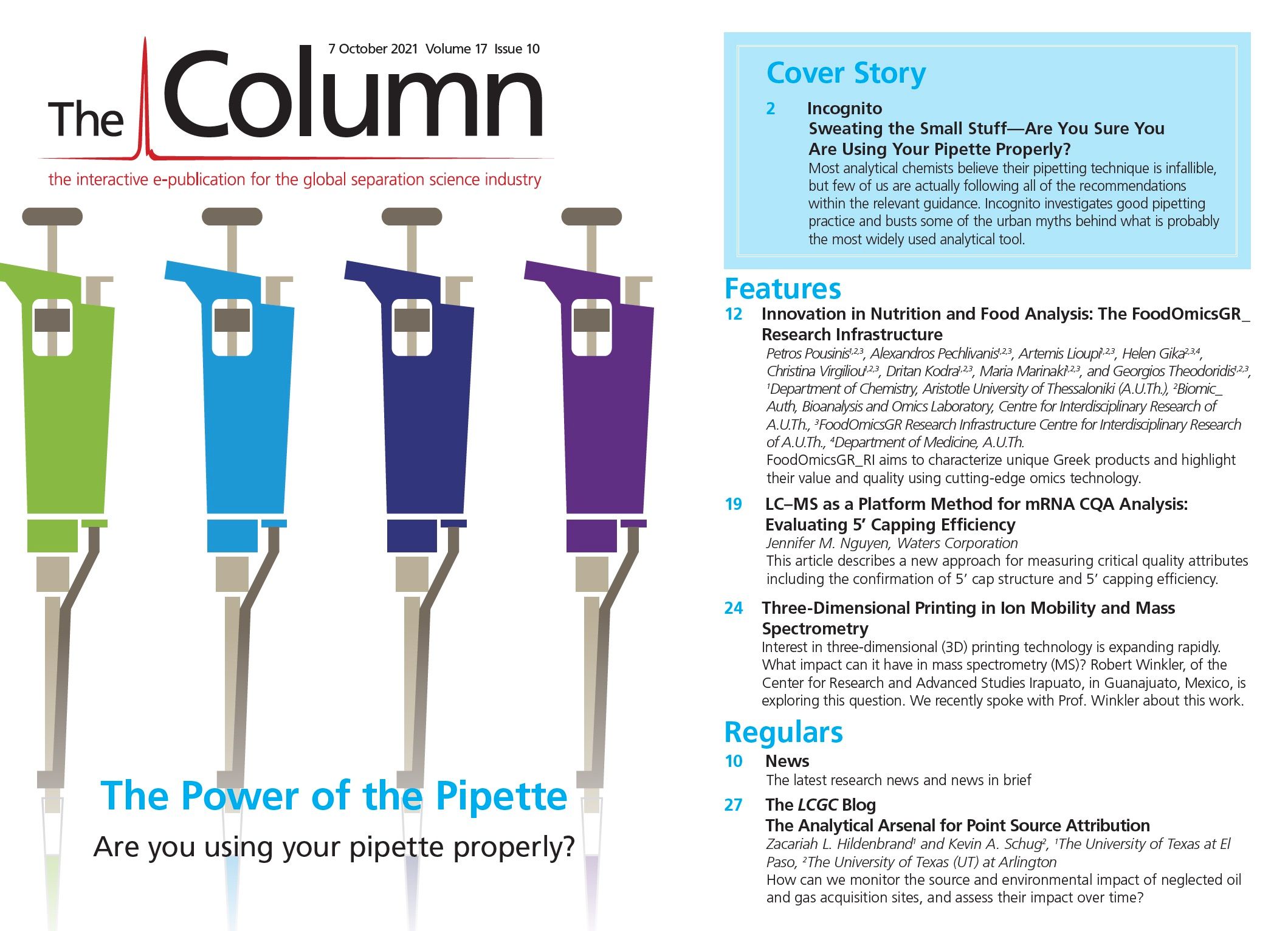David R. Liu Announced as Recipient of Agilent Thought Leader Award
Agilent Technologies Inc. has announced David R. Liu as the recipient of an Agilent Thought Leader Award.
Agilent Technologies Inc. (California, USA) has announced David R. Liu as the recipient of an Agilent Thought Leader Award. A prominent researcher in the field of genome editing, Dr. Liu is Professor and Director of the Merkin Institute of Transformative Technologies in Healthcare, Vice-Chair of the Faculty at the Broad Institute of MIT and Harvard, Professor of Natural Sciences and Professor of Chemistry and Chemical Biology at Harvard University, and a Howard Hughes Medical Institute Investigator.
“I’m humbled and excited that our lab has been chosen for this award—a reflection of the creativity and dedication of our students and postdocs,” said Dr. Liu. “We can’t wait to try some new lines of research catalyzed by Agilent’s generous gift as well as their capabilities.”
Dr. Liu’s work is focused on the use of molecular editing tools, such as CRISPR technology, and the development of base editing and prime editing to study and address genetic diseases, targeting the genetic mutations responsible for these disorders and “rewriting” them.
The Agilent Thought Leader Award programme promotes fundamental scientific advances by contributing financial support, products, and expertise to the research of influential thought leaders in the life sciences, diagnostics, and chemical analysis arenas. To learn more, visit the Agilent Thought Leader Award website at: https://www.agilent.com/univ_relation/TLP/index.shtml

Regulatory Deadlines and Supply Chain Challenges Take Center Stage in Nitrosamine Discussion
April 10th 2025During an LCGC International peer exchange, Aloka Srinivasan, Mayank Bhanti, and Amber Burch discussed the regulatory deadlines and supply chain challenges that come with nitrosamine analysis.













